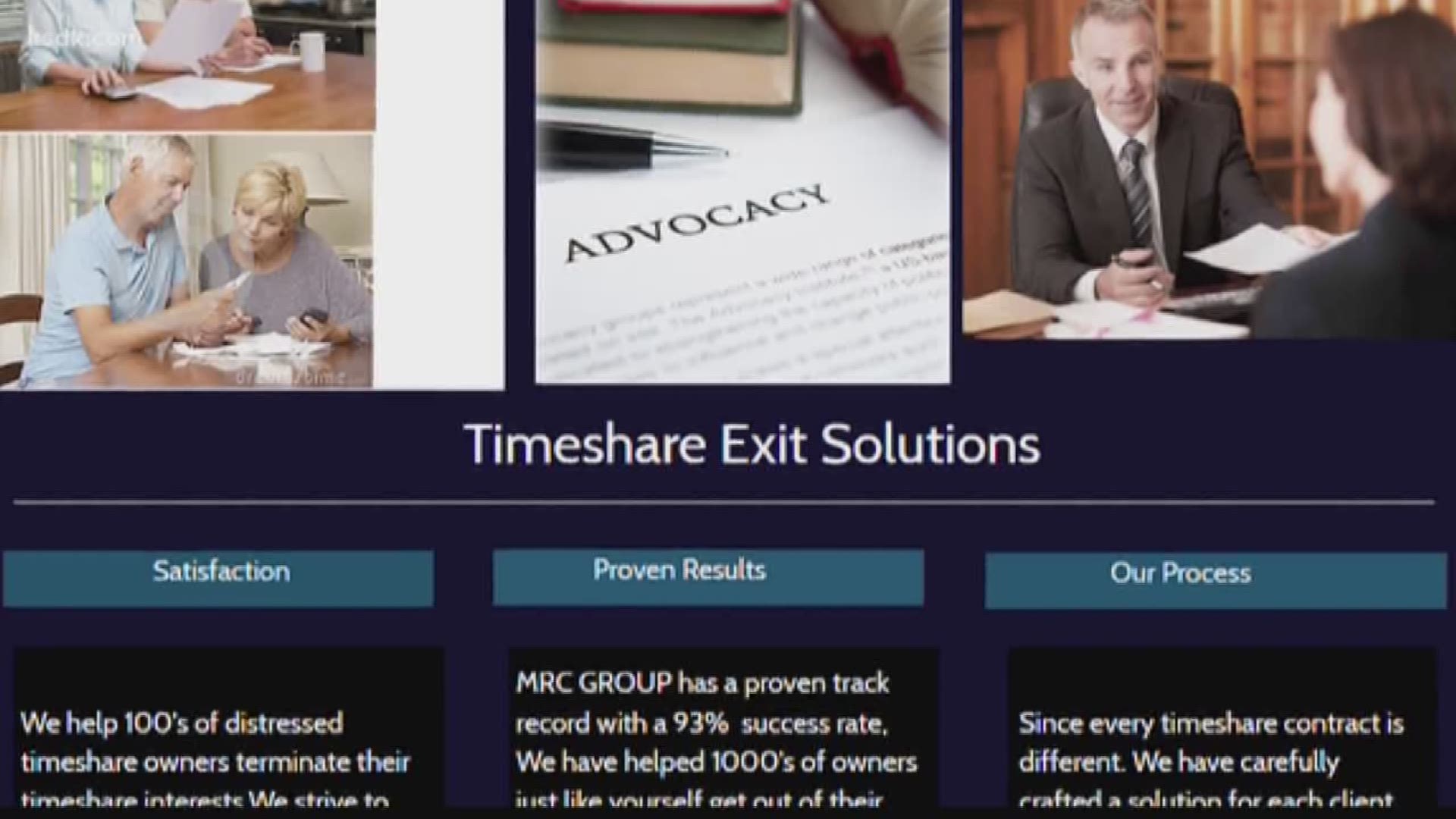Unit size: Although unit size appears to greatly affect demand at an offered resort, it is far less essential than location, however. While a two-bedroom system at a beachfront place will have substantially more exchange worth than a one-bedroom system at the very same resort, the one-bedroom unit will generally have more exchange value than a two-bedroom system situated at a resort a brief range inland.
These rankings, however, are based upon the facilities offered at the resort, not the demand for the resort. High exchange worth is based upon high demand and low supply, which is mostly driven by location and season, not features. Continuing with the beachfront example mentioned above, a beachfront resort without feature awards will often have greater exchange value than a top-rated resort located a brief distance inland, due to the fact that exchangers wish to be on the beach instead of some range inland, and will bypass features in favor of location.
Ownership or sponsorship by an acknowledged operator: Corporations as Disney, Marriott and Hilton have actually established or sponsored timeshare jobs that plainly include their names. Although a number of these systems are amongst the resorts with the greatest exchange value, resorts that run by these companies in less optimal places have similarly lesser exchange power.
In summary, the highest exchange values are associated with weeks that are from resorts in prime locations (high need and limited supply), that are for uses during peak need durations, which are transferred with exchange business well in advance of the use period. After satisfying these fundamental criteria, extra value can be developed by resort size, resort rating and amenities, and affiliation with a name brand name.
In a points program, the exchange value is revealed directly as a specific number of points; thus a participant in a points program knows precisely what exchange worth their week has. The elements the exchange company utilizes to assign point worths for a week are the very same as those used normally to establish exchange worth.
As soon as you understand this and the relative worth of your exchange week, you can perform exchange searches that are most likely to be successful. If you set your requirements too high, you will probably become disappointed because of having too numerous not successful searches. This is Extra resources particularly apt to https://pbase.com/topics/tirgonetm5/mptznbr739 happen when a timeshare sales representative has "oversold" your weeks exchange worth.
How To Get Rid Of Bluegreen Timeshare Fundamentals Explained
If your exchange week is not high value and you wish to trade into a popular resort in an extremely demanded area with minimal supply, you will probably need to expect a brief notice cancellation or deposit. If you have a high season week in an area that has a large supply of resorts, you might only have the ability to enter into some other areas throughout lower need durations.
You should also not be too restrictive about your search requirements. Keep in mind that a trade can only be completed if someone deposits a week that satisfies your criteria and there is not somebody "in line" ahead of you for that week. You can increase your opportunities of being able to effectively make an exchange by increasing the variety of resorts (or locations) into which you want to make an exchange and/or by defining a wider series of check-in dates.
Similarly, if you insist on going to a specific area or a particular little set of resorts, you need to have a broader variety of possible check-in dates. If you can't satisfy either of these criteria, you ought to consider that exchanging may not be an excellent use of your timeshare, and you need to plan on owning a timeshare mostly for direct use.
As talked about above, some internal exchange programs do not make transferred weeks available to outdoors exchangers for a specific duration. During this time, other owners taking part in the internal exchange program have the very first chance to finish an exchange for Have a peek at this website those weeks. A few of these internal programs are structured so that any owner in the internal program has the chance to finish an exchange for any offered week in the internal exchange program prior to the week is provided to exchangers from resorts outside the program - how much does timeshare exit team charge.
Another essential point to think about in finishing exchanges with RCI is that in some cases RCI will not ensure exchanges if they view that you are "trading down" too far in resort quality - what is a timeshare. In other words, if your deposited week is from a Gold Crown resort, RCI may not use you an exchange that satisfies your exchange requirements if the used resort is not ranked Gold Crown or Resort of International Distinction.

Supposedly, this function can be bypassed, however doing so will need that you talk to RCI and particularly demand that you be used all exchanges. As noted formerly, exchange companies are business that function as a clearinghouse for timeshare owners to exchange their weeks for weeks at other timeshare resorts.
8 Simple Techniques For How Timeshare Works
Generally, the independent exchange companies operate without association agreements; for this reason their classification as "independent" exchange business. A few of these independent companies (such as Trading Places) do have association agreements with some resorts and can run in both modes - how to get rid of your timeshare. "Affiliated" exchange companies are exchange companies that develop formal relationships with turn to manage exchanges including that resort.

The designer generally establishes this association when the resort is constructed, because the developer will use the exchange benefits to help offer the timeshare systems at the resort. Often, to create more visitors to a turn to aid with sales, a developer will deposit timeshare weeks with the exchange business representing weeks that the designer owns.
As kept in mind previously, RCI and II are the two primary timeshare exchange companies that operate mostly as affiliated companies. Because their association plans offer much higher access to timeshares, these 2 business are by far the biggest exchange companies. At the time of this composing RCI is the larger of the two.
RCI is a subsidiary of Cendant, which is the very same company that franchises the Days Inn, Howard Johnson, Knights Inn, Ramada, Super 8, Travelodge, Town Lodge and Wingate Inn hotels and motels. A number of companies own II, one of which is Marriott. From the owner's point of view, utilizing an affiliated exchange business exchanges provides the following benefits: Ensured capability to deposit a week: An associated exchange business will accept any week transferred by an owner in accordance with exchange business guidelines.
Number and range of readily available resorts for exchange: Because RCI and II are much bigger, they use a wider variety of exchange optionsProtection against damages triggered by residents of exchanging unit: If you make an exchange utilizing an affiliated company, you will not be held accountable for damages brought on by people exchanging into your system.
As with affiliated exchange companies, an independent exchange business will accept timeshare deposits from owners and developers and complete exchanges. The greatest differences are that an independent exchange business has no obligation to accept your week into its exchange system and the available exchanging inventory is most likely to be much smaller.